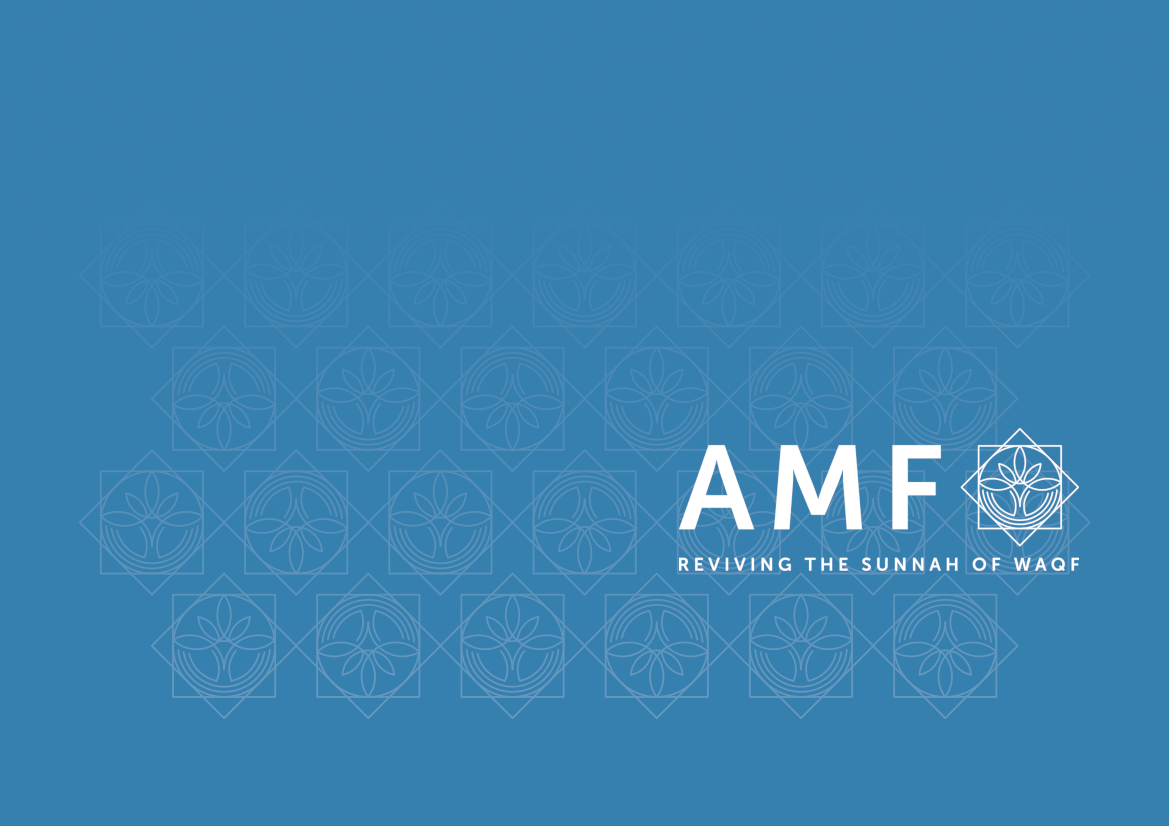
Innovative structures to invigorate the waqf sector
Dr Salma Sairally
Waqf originally developed as a charitable instrument to achieve social and religious causes. Traditionally, it has been known as a religious contribution that is made for the development of immovable assets such as construction of buildings for mosques and madrassahs, and acquisition of land for cemeteries.
Its flexible nature makes it an attractive form of charity for donors, despite the fact that it is non-obligatory. Waqf indeed allows the waqif (donor) to donate for a multitude of purposes in accordance to his/her own stipulated guidelines.
Beneficiaries can also include one’s own family members and even non-Muslims. In this way, waqf is different to obligatory charities such as zakat whose disbursement should be made to specific beneficiaries, as guided by the Qur’anic verse (9:60). Waqf is further distinguished from other non-obligatory charities as it embodies the concept of sadaqah jariyah ― i.e. it represents a charity that entails long term benefits to beneficiaries while the donor continues to earn rewards even after death.
Today, the concept of waqf is however not limited to being a social, charitable or religious instrument. It is being introduced and implemented in the form of a number of innovative structures with contemporary movable asset classes. Some examples include cash waqf, cash waqf deposit account, waqf shares, corporate waqf and waqf sukuk. The use of these financial instruments is widening the potential applications of waqf in more commercial sectors.
Waqf is nowadays being mobilized as an Islamic social finance instrument whereby it jointly collaborates with other sectors of the Islamic finance industry to develop innovative waqf models. Key elements such as professionalism in the management of waqf funds have been introduced to ensure preservation of waqf assets in the long term and higher returns to waqf beneficiaries. Integrity of the waqf establishment is also enhanced by strengthening the governance system and enforcing disclosures in the performance and delivery of waqf activities. Managing waqf as an investment strategy has also expanded the opportunities in creating different kinds of funds associated with waqf such as waqf-unit trust, waqf-property funds, waqf-hajj funds, and other kinds of specialized funds.

